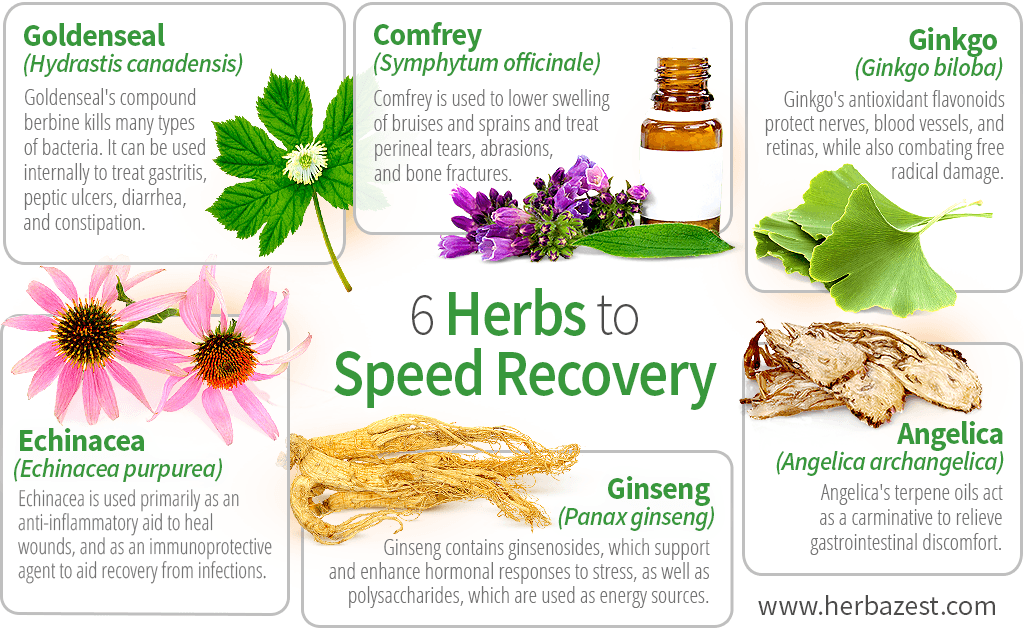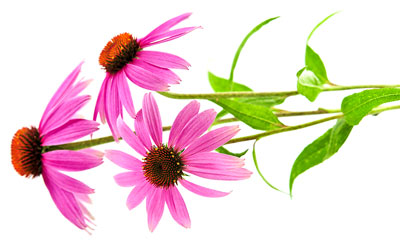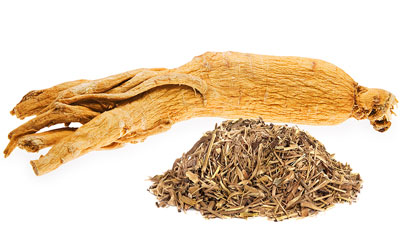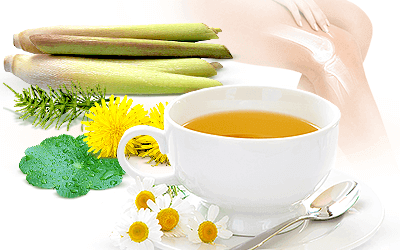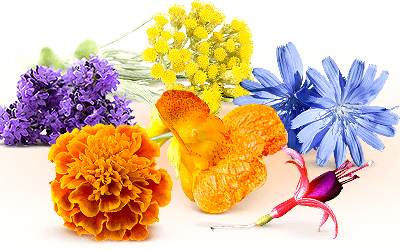In a world filled with pharmaceuticals, the value of medicinal herbs often goes unacknowledged. Availability of healing herbs varies; however, many remedies can be made from home with limited ingredients. Check out these six herbs that are proven to speed recovery for a variety of ailments.
1. Comfrey (Symphytum officinale)
Comfrey's primary active compound is allantoin, which triggers near-immediate cell proliferation. Allantoin is easily absorbed through the skin and promotes cell growth to speed wound healing and reduce scarring. Therefore, the anti-inflammatory herb is used to lower swelling of bruises and sprains and treat perennial tears, abrasions, and bone fractures.
Comfrey is exclusively used topically due to concerns about liver toxicity. The leaves and roots can be made into poultices, ointments, salves, and liquid extracts. Because of how quickly it can set bones, it should only be applied by experts.
2. Echinacea (Echinacea purpurea)
Echinacea strengthens the immune system and stabilizes white blood cell count, which help the body fight diseases. Its polysaccharides inhibit the ability of viruses to invade the body, and its alkamides are antibacterial and antifungal, contributing to its immune-stimulant properties. It is also used primarily as an anti-inflammatory to heal wounds, and as an immunoprotective agent to aid recovery from infections.
The most effective way of obtaining echinacea's health benefits is in medicinal forms of consumption, particularly in its raw state, where the properties are more concentrated. Echinacea remedies include tinctures and supplements.
3. Ginseng (Panax ginseng)
Ginseng has long been prescribed as an energy booster. It contains ginsenosides, which support and enhance hormonal responses to stress, as well as polysaccharides, which are used as energy sources. Research has shown that ginseng improves the body's capacity to cope with hunger, temperature extremes, and mental and emotional stress.1
Although the most popular way to consume ginseng is as an infusion, it is possible to consume it in different preparations, such as extract, tincture, capsules, essential oil, and powder.
4. Goldenseal (Hydrastis canadensis)
Helicobacter pylori is a bacterium that is thought to be responsible for causing stomach infections that can develop into dyspepsia, gastritis, and ulcers.
Goldenseal is considered as an anti-inflammatory, astringent, and a powerful bitter tonic. Goldenseal's compound berbine kills many types of bacteria, including ones that cause diarrhea. The herb has been studied to treat Helicobacter pylori infections2 and may also work against upper respiratory problems. Goldenseal is often considered a natural antibiotic and paired with echinacea to strengthen the immune system. Goldenseal can be used internally to treat gastritis, peptic ulcers, diarrhea, and constipation.
Goldenseal root is consumed medicinally and can be made into different preparations to suit personal preferences, such as decoctions, tincture, and capsules.
5. Angelica (Angelica archangelica)
Angelica's diaphoretic compound coumarin increases perspiration to fight off fevers and helps eliminate toxins and bacteria through the kidneys and bowels to detoxify the body.
Moreover, angelica's terpene oils have anti-inflammatory and antispasmodic effects on the mucous lining and muscle coats of the alimentary canal. They act as a carminative to relieve gastrointestinal discomfort.
Angelica essential oils, roots, and seeds are used to make remedies such as tea, tincture, or decoction. Fresh leaves and stems can be applied as a garnish to salads and meat dishes, and leaf stalks are candied and used in cakes, desserts, and ice cream.
6. Ginkgo (Ginkgo biloba)
Ginkgo's antioxidant flavonoids protect nerves, blood vessels, and retinas, while also combating free radical damage. The herb's terpenoids, known as ginkgolides, improve circulation by dilating blood vessels. They also reduce allergies, asthma, and inflammation by impeding the body's release of a protein that provokes asthmatic bronchial spasms. These actions enable the body to sustain a strong immune system.
Ginkgo is available in medicinal preparations, such as tea, tincture, and ointment, as well as in the form of health supplements, such as capsules and powder. It is possible to consume fresh, raw ginkgo leaves, but they are not generally easy to find.
Needless to say, the options are limitless for herbs that aid in the recovery process for a variety of ailments. Choosing what works best is up to the consumer, however is strongly recommended to seek medical advice.
Sources
- Journal of Ginseng Research, Ginseng, the 'Immunity Boost': The Effects of Panax ginseng on Immune System, 2012
- Purdue University, Angelica
- The Clinician's Handbook of Natural Medicine, p. 70
- Twenty-First-Century Herbal Health and Wellness, pp. 128-129
- University of Utah, Ginseng
- Wisdom of the Plant Devas: Herbal Medicine for a New Earth
- Encyclopedia of Herbal Medicine, pp. 94, 120
- University of Maryland Medical Center, Ginkgo biloba | Goldenseal
Footnotes:
- Indian Journal of Medical Research (2011). Effects of acute supplementation of Panax ginseng on endurance running in a hot & humid environment. Retrieved July 5, 2021, from https://www.ncbi.nlm.nih.gov/pmc/articles/PMC3100154/
- Phytotherapy Research. (2003). In vitro susceptibility of Helicobacter pylori to isoquinoline alkaloids from Sanguinaria canadensis and Hydrastis canadensis. Retrieved July 5, 2021, from https://pubmed.ncbi.nlm.nih.gov/12672149/


